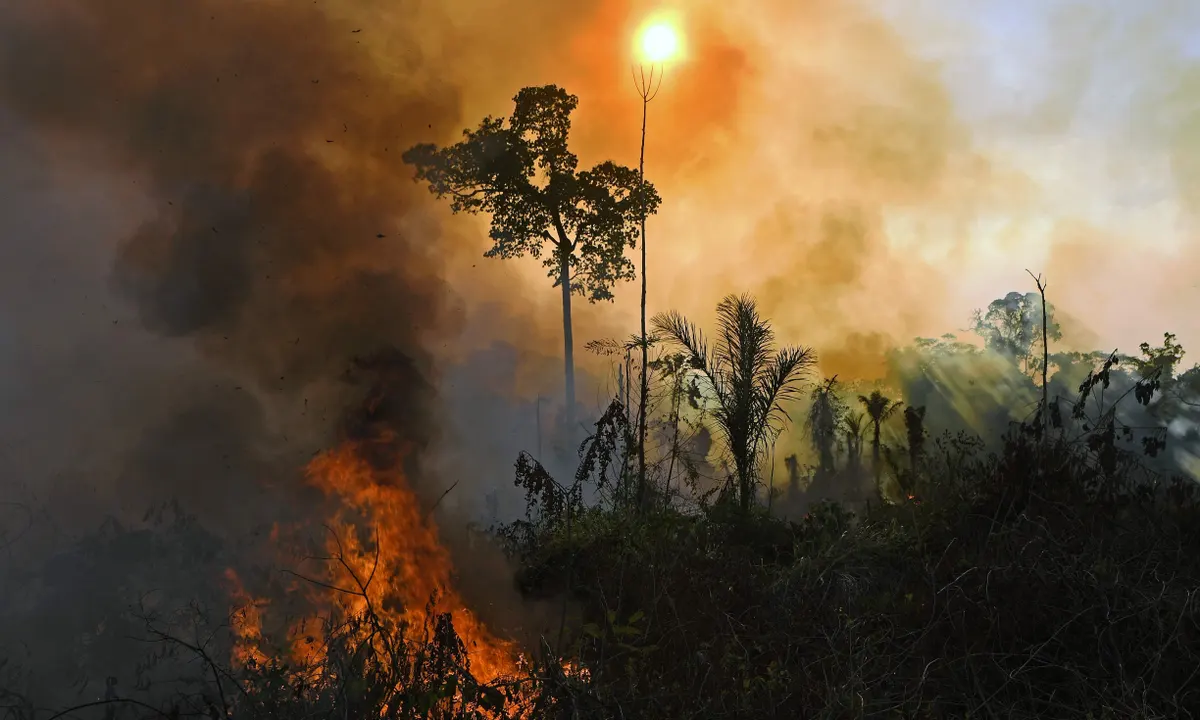In a chilling prediction, scientists are warning that humans could face extinction in 250 million years, with a crucial caveat – if immediate action is not taken to curb fossil fuel consumption, this catastrophic event may happen much sooner. Researchers from the University of Bristol have unveiled a startling vision of Earth’s future, marked by extreme temperatures and mass extinctions.
The Dire Forecast
According to the University of Bristol’s researchers, in 250 million years, all mammals, including humanity, may cease to exist due to the Earth’s extreme temperature conditions. The projected temperatures range from a scorching 104°F to a blistering 158°F (40°C to 70°C), rendering the planet inhospitable for most life forms.
However, there’s a significant concern – the timeline for this potential mass extinction event could be significantly accelerated when considering greenhouse gases produced by fossil fuel burning and other human-induced factors, which were not factored into the researchers’ calculations.
A Grim Parallel
This ominous projection draws unsettling parallels with the last major mass extinction event, which occurred 66 million years ago when an asteroid impact led to the demise of the dinosaurs.
Dr. Alexander Farnsworth, a senior research associate at the University of Bristol’s School of Geographical Sciences, spearheaded this study. He painted a bleak picture of the distant future, stating, “The outlook in the distant future appears very bleak. Carbon dioxide levels could be double current levels. Humans – along with many other species – would expire due to their inability to shed this heat through sweat, cooling their bodies.”
The Supercontinent and Its Effects
Researchers envision a world where Earth’s continents converge to form a supercontinent known as Pangea Ultima over the next 250 million years. In this scenario, the Atlantic Ocean would transform into an inland sea at the heart of Pangea Ultima, while the Pacific Ocean would dominate the planet’s surface.
The convergence of continents would trigger a series of volcanic eruptions, releasing vast amounts of carbon dioxide into the atmosphere and exacerbating global warming. Furthermore, the natural brightness of the sun, which gradually heats up planets, plays a role in this ongoing warming process.
Dr. Farnsworth elaborated, “The newly-emerged supercontinent would effectively create a triple whammy, comprising the continentality effect, hotter sun, and more CO2 in the atmosphere, increasing heat for much of the planet. The result is a mostly hostile environment devoid of food and water sources for mammals.”
Scientific Projections
To arrive at these sobering projections, scientists utilized computerized climate models to simulate temperature, wind, rain, and humidity patterns for Pangea Ultima. They also calculated anticipated future CO2 levels based on tectonic plate movement, ocean chemistry, and other factors. Notably, these calculations excluded emissions from burning fossil fuels.
A Stark Reminder and Call to Action
This alarming forecast serves as a stark reminder of the profound impact of human actions on Earth’s climate. It underscores the urgent need to address the current climate crisis and transition to more sustainable practices to safeguard the planet’s future. The consequences of inaction could be far-reaching, affecting not only the distant future but potentially accelerating a mass extinction event that is closer than we think.




